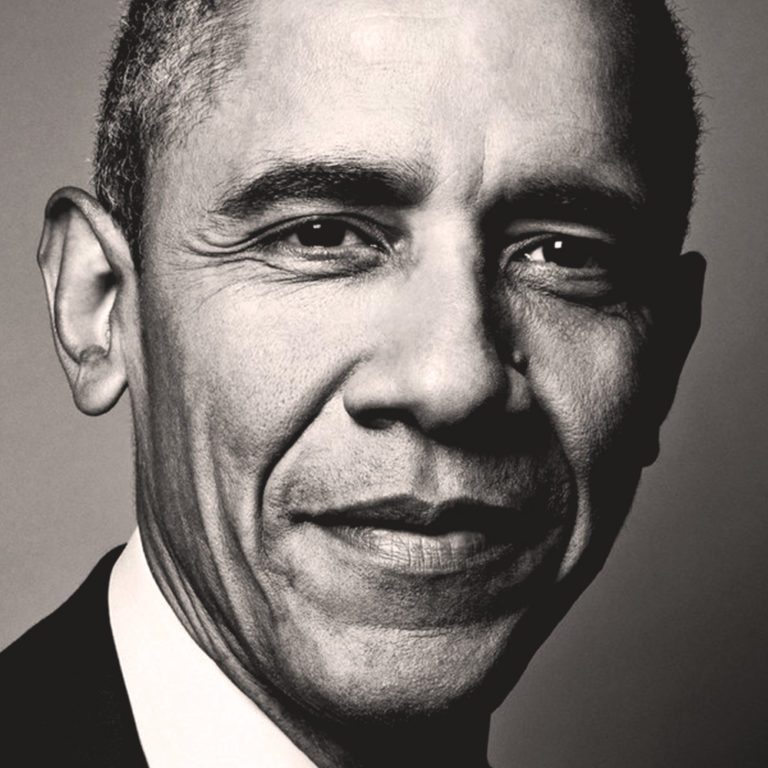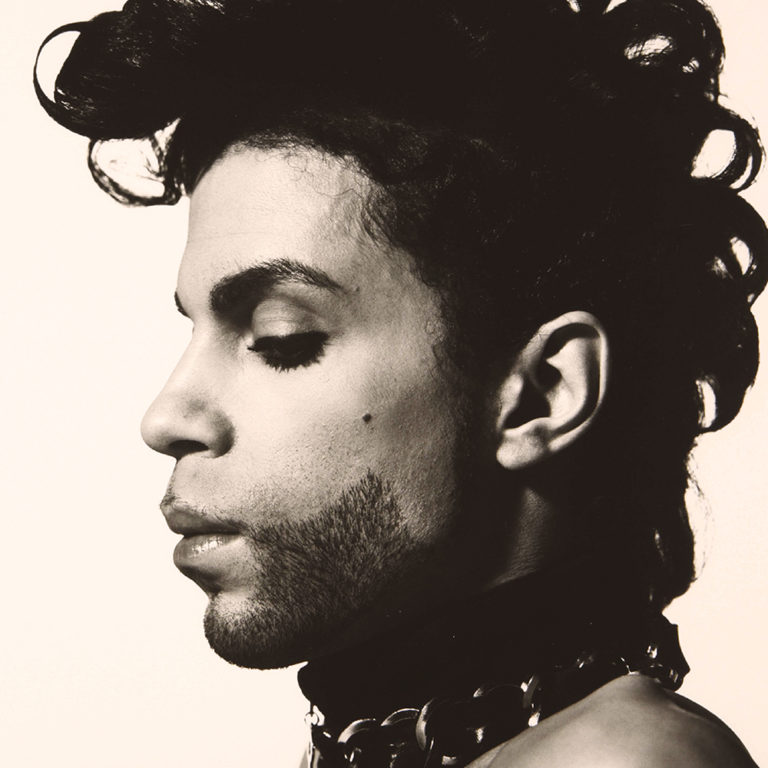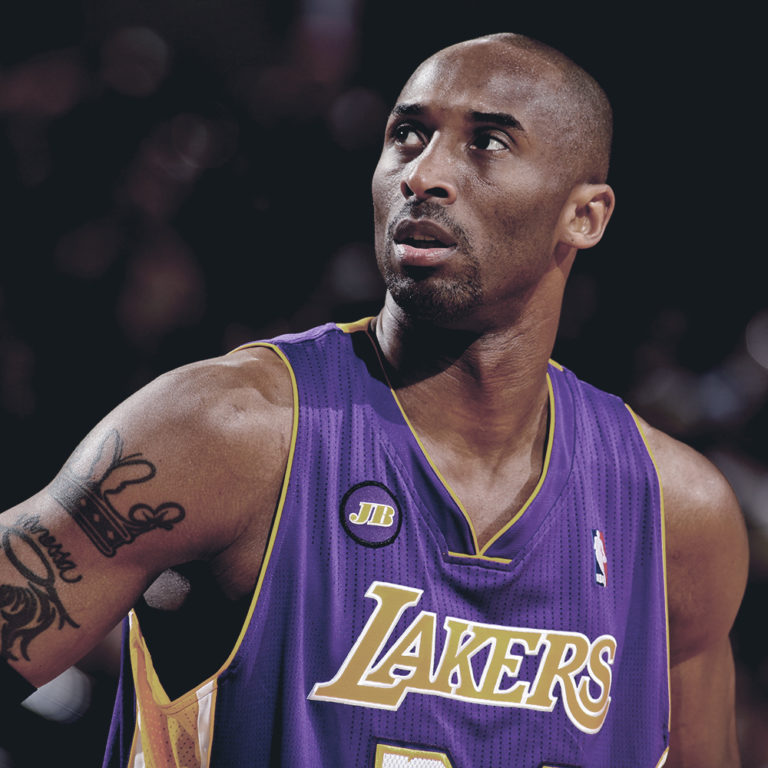The most underrated musician right now is Joshua Grierson – there, I said it.
The beautiful thing about his story is that he is African, but I believe he’s right up there with some of the great minds in music right now.
I suppose I am making some big statements and they require some evidence.
A while ago a friend and I were looking for somewhere to hang out and perhaps catch some music in the process.
We landed at one of my favourite spots in Cape Town, South Africa called The House of Machines. At any given time, they usually have good (live) music and great coffee – the two ingredients for success.
We walked in on what appeared to be a regular evening at this spot – there was a great buzz as people walked in and out to get food and hang out with their friends.
I then looked to the far end of the room, which also serves as the “stage”. Clearly someone was playing tonight – there were three microphones set up and a couple of pedals plugged in. These were obviously accompanied by a guitar.
Turning to my friend, I asked if he knew who was playing.
“Josh Grierson,” came the reply. I had no idea who that was.
In walks Josh, wearing a trench coat (in rather hot conditions might I add). He walks up to the microphone and starts playing. I then realised what I had been missing out on, all my life.
The man is a maestro.
So it turns our Grierson didn’t have backing vocals: all three microphones were going to be used by him. Recording loops and playing at the same time. Different sounds for different tracks.
Originally South African, listening to Grierson play you can’t tell. Not because of his accent or his style of music, but his energy and sound – it’s something we haven’t seen on a live platform in a while.
I cannot describe his genre.
I don’t think he has one.
In my humble opinion, Grierson makes sounds. Beautiful sounds.
He describes himself simply as a “singer-songwriter from Cape Town, South Africa”.
But he is more than that.
One gets the sense that he spent decades honing his talent. And he has.
After doing a bit of research I realised he has played festivals, shot music videos, and worked on a wide range of music projects.
That night at The House of Machines, he played a few songs where he seemed to “get lost in the music” – just lost.
After realising he had been playing for a while, he stopped and remarked how he had just written a song, on the spot.
He is not only a talented musician, but an incredible songwriter. Some of his lyrics are simply written for the heart.
On his site, Grierson’s biography describes his work ethic as follows:
“Grierson has built the reputation of being one of the hardest working artists South Africa has bred and through his sheer bull-headed determination, has found himself supporting award-winning acts like Finley Quaye, Yoav, Dan Patlansky, Laurie Levine, Josie Field, John Ellis, KONGOS, Tony Cox, Goodnight Wembley and Woodstock Mafia (as Big Exit), Gary Thomas, Plush and Taxi Violence.”
Grierson has also received a commendation from Rolling Stone magazine South Africa:
“Grierson’s central gift… is performances so gripping the world could be falling down around you and you wouldn’t notice.”
And a few kind words from Jon Savage:
“Whether you know it or not, and whether you believe it or not, Grierson is a rare and genuine talent.”
I agree with Savage: Grierson is a rare talent. It is hard to describe this genius.
Do yourself a favour check him out on soundcloud, follow him on Instagram.
If you love and understand music, you won’t be disappointed.










